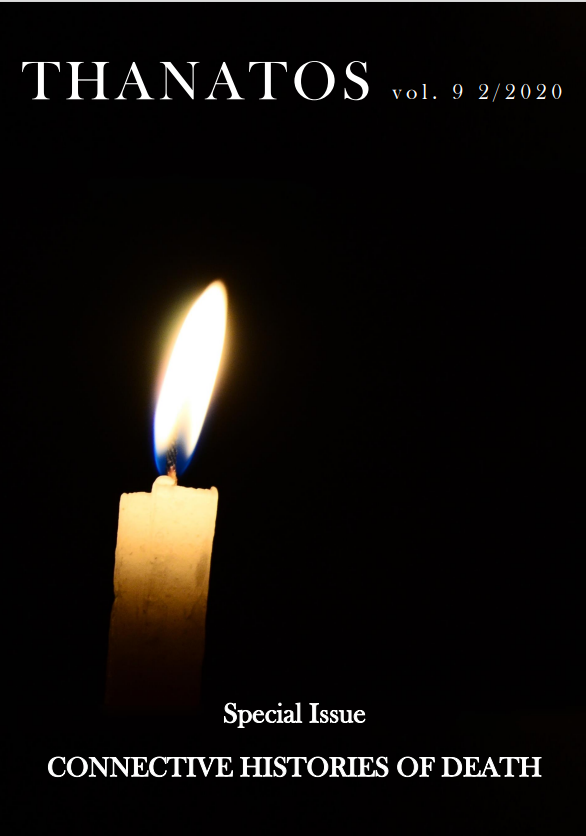Hope, Fear, Sorrow, and Rage: The Emotions of Death and Dying and the Ars Moriendi in Early Colonial New Spain
Abstrakti
The well-known and supposedly “timeless” ludic Mexican attitude toward death exemplified by the Day of the Dead does not reflect the emotional and spiritual attitudes toward death prevalent in the colonial period. Scholars of New Spain have instead established the prevalence of an ideal of European origin rooted in the medieval literary tradition of ars moriendi and translated into Spanish lands in the early modern period: that is, the Catholic aspiration to “die well.” Hegemonic among the colonial Spanish and colonized Indigenous elite, buen morir (“dying well”) was also aspired to by plebeians. This article assays the hegemonic power of and ruptures within the Catholic ideal of “dying well,” in particular through studying the emotions associated with selected deaths in early colonial New Spain (1520–1650). Drawing upon the scholarship of the “good death” ideal, Inquisition documents, and the biography (vida) of an early colonial mystic, the paper examines not merely good deaths, but bad ones. While folk saints and kings alike were said to have spoken instructive words, the dying in these cases are voiceless and often even nameless. In these cases, the moriens recedes as those around him or her experience, pray about, or debate death. With the focus off the moriens, it is possible to see both reflection and contestation of the ideals and emotions associated with the ars moriendi as those who were not dying gave voice to and embodied emotions and behaviours that were by turns licit and illicit. The paper finds that the emotions associated with death both confirmed and challenged the hegemony of the ars moriendi. Anger, shock, defiant grief, longing, and terror coexisted alongside the more appropriate emotions: sorrow and fear, certainly, but tempered by comfort, resignation, and love of God. The cases discussed here demonstrate how in their emotional responses to death, ordinary people and the clergy alike contested elements of the ars moriendi. In that sense, the vignettes captured here may suggest the outlines of a death culture indebted to the ars moriendi, but nonetheless sui generis and even, perhaps, authentically Mexican.
Tiedostolataukset
Julkaistu
Numero
Osasto
Lisenssi
Copyright (c) 2023 Jacqueline Holler

Tämä työ on lisensoitu Creative Commons Nimeä-EiKaupallinen-EiMuutoksia 4.0 Kansainvälinen Julkinen -lisenssillä.





